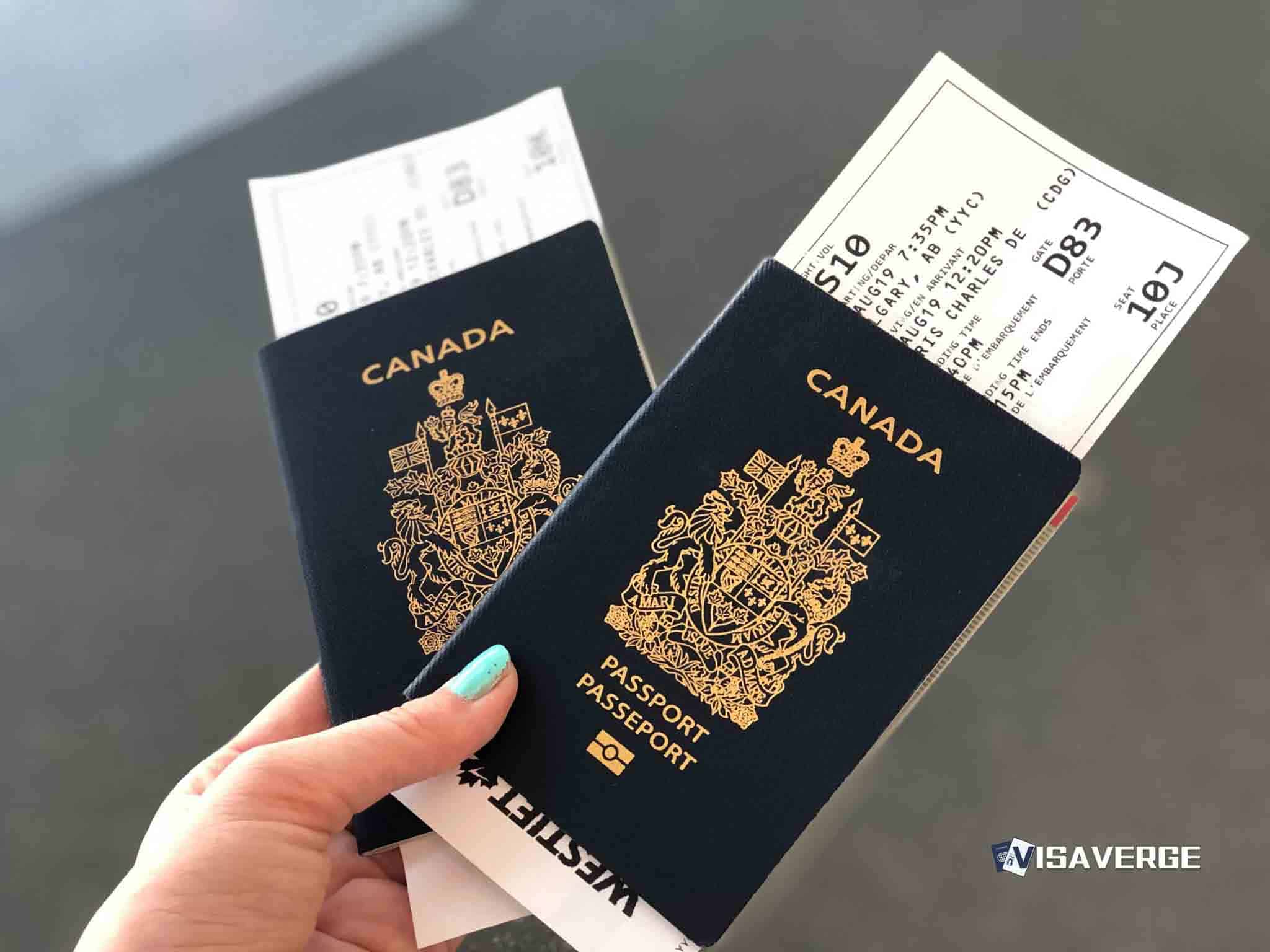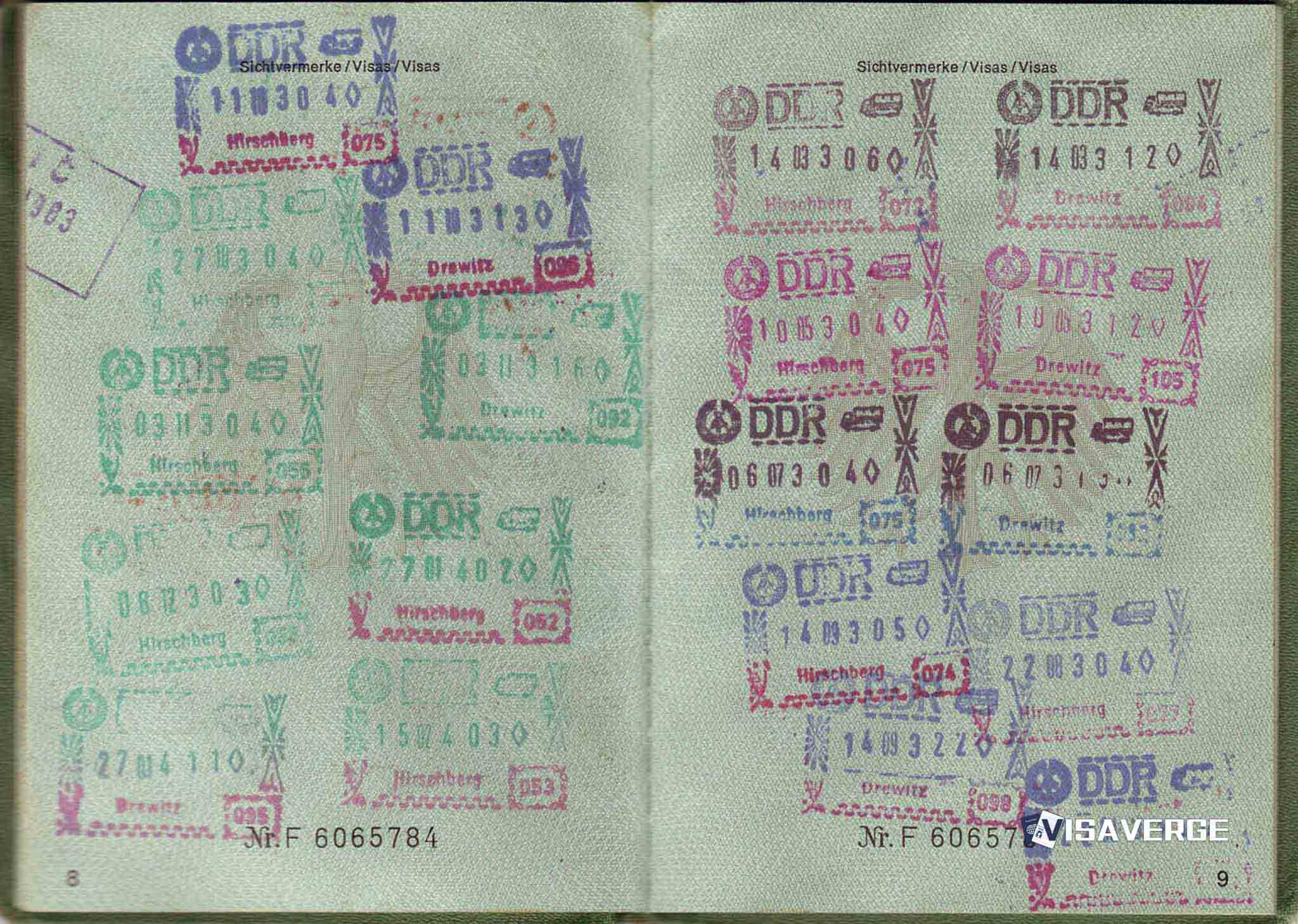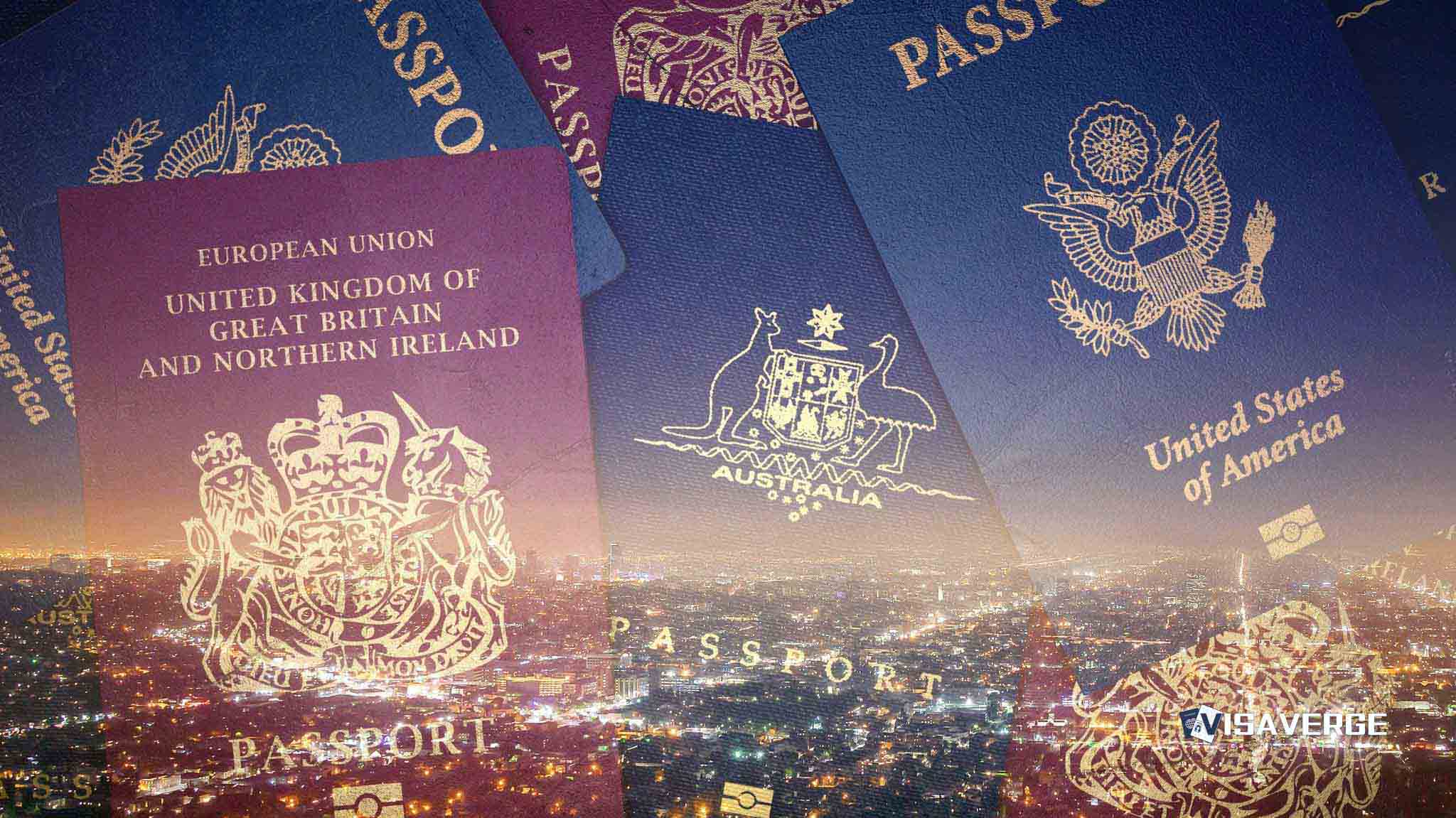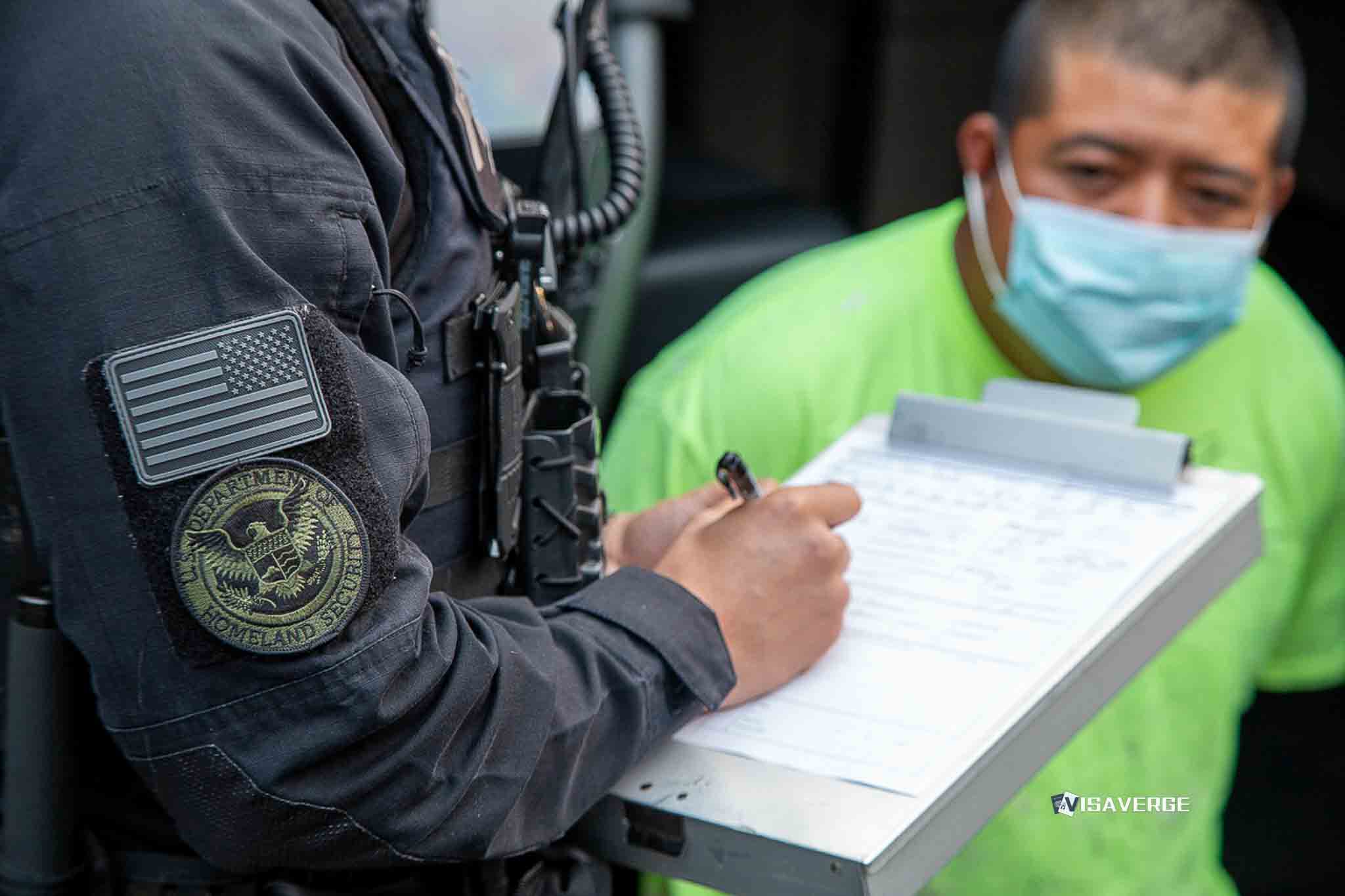Understanding Indian Passport Strength
The Indian passport is an important document for citizens of India, facilitating international travel. However, its strength—defined by the ease of travel it offers—is influenced by various factors, including diplomatic relationships and security considerations.
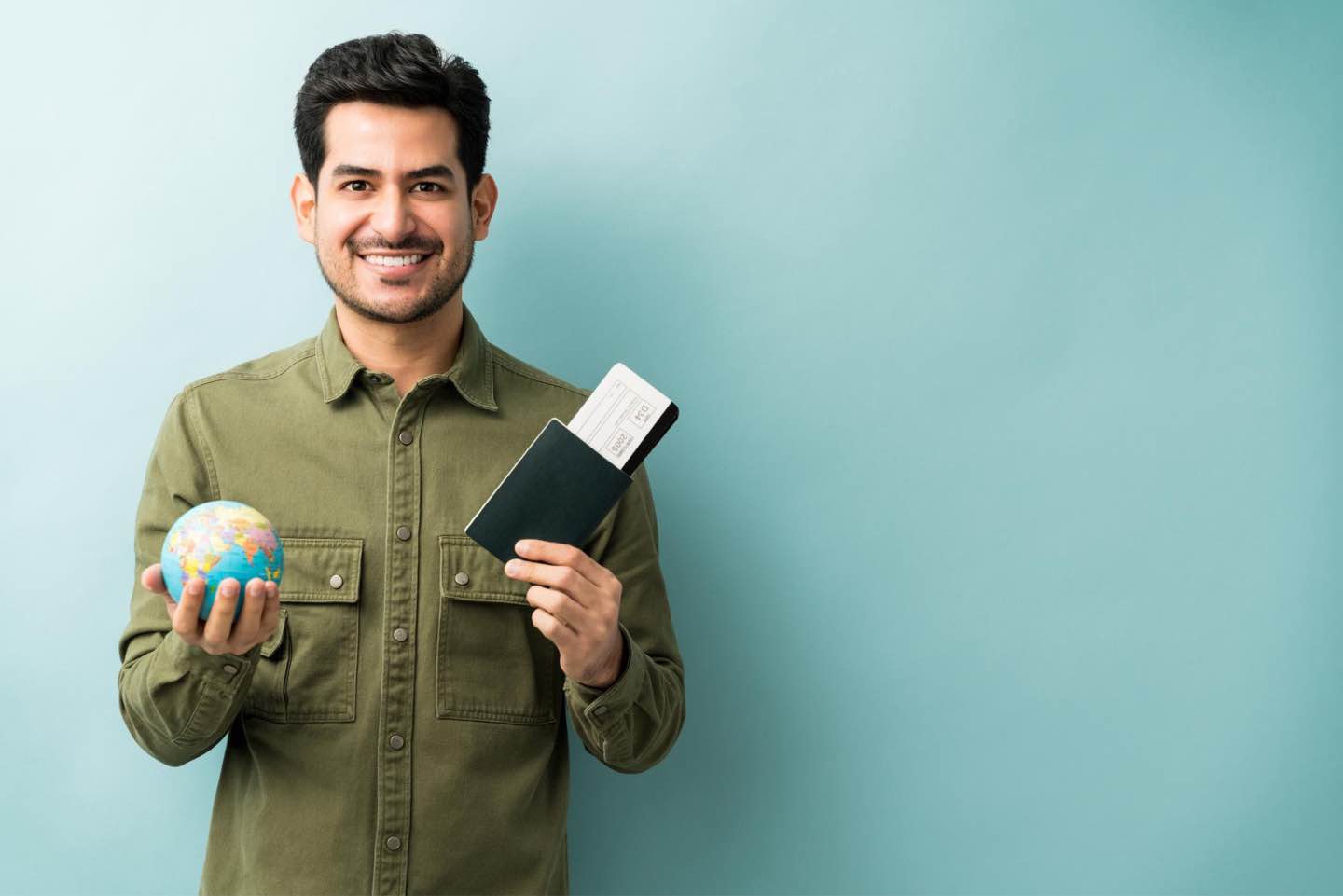
Indian Passport Visa-Free Countries
One metric of a passport’s strength is the number of countries it allows you to visit without a visa or with visa-on-arrival access. As of now, Indian passport holders can enjoy this benefit in several countries around the globe. This reflects how the international community views the security and validity of travel documents issued by India.
For the latest list of Indian passport visa-free countries, always check the official Ministry of External Affairs website or visit portals like the Henley Passport Index, which regularly update such information.
How to Improve Indian Passport Power
Improving the power of the Indian passport is a collective effort involving individual travelers, the government, and international relations. Indian citizens can contribute by:
- Following Immigration Rules: Adhering to visa regulations and local laws when traveling can help build a positive reputation.
- Promoting Tourism: Encouraging international visitors to India can improve diplomatic ties and reciprocal visa arrangements.
-
Government Initiatives: Diplomatic efforts to negotiate visa-free or visa-on-arrival agreements with other countries directly boost passport power.
The Role of Diplomacy in Passport Strength
“International relations play a pivotal role in determining visa agreements. When countries view each other as partners, they are more likely to ease travel restrictions, which in turn strengthens passport power,” explains an immigration expert.
Tips for Improving Your Travel Experience
While the passport ranking may not be directly under your control, there are several steps you can take to ensure a smoother experience:
- Stay Informed: Always keep track of the visa requirements for your destination.
- Plan Ahead: Make sure to apply for visas well in advance of your travel dates.
- Follow Best Practices: Respect the culture and laws of the countries you visit.
The Future of Indian Passport Strength
The Indian government’s efforts to strengthen its international standing and negotiate better terms for its travelers are ongoing. Initiatives like the e-Visa system have made India more accessible to travelers and have improved the country’s relationships abroad.
As India continues to expand its diplomatic reach, we can anticipate a corresponding increase in the strength of the Indian passport, making it even easier for Indian citizens to travel the world.
Final Thoughts
While the Indian passport may not currently offer the same level of freedom as some other nations, it still opens up a world of opportunities for travelers. By understanding what affects passport strength and learning how to navigate international travel efficiently, Indian passport holders can make the most of their global access.
Always remember: knowledge, preparation, and respect for international norms are the keys to unlocking the full potential of the Indian passport. Stay up-to-date with the latest changes in visa regulations and take active steps in promoting positive international relations. This is how we, as citizens, can contribute to improving the global leverage and power of the Indian passport.
Learn Today:
Glossary or Definitions
1. Indian Passport: A travel document issued by the Government of India to its citizens, allowing them to travel internationally.
2. Passport Strength: The measure of the power and flexibility of a passport in terms of the number of countries it allows the holder to visit without a visa or with visa-on-arrival access. Passport strength is influenced by factors such as diplomatic relations and security considerations.
3. Visa-Free Countries: Countries that allow Indian passport holders to visit without a visa or with visa-on-arrival access, reflecting the international community’s perception of the security and validity of Indian travel documents.
4. Ministry of External Affairs: The government department responsible for managing India’s foreign affairs, including issuing passports and providing information related to international travel.
5. Henley Passport Index: A portal that regularly updates and provides information on passport rankings and visa requirements for various countries.
6. Immigration Rules: Regulations and laws set by each country’s immigration authorities that individuals must follow when traveling or moving to that country.
7. Promoting Tourism: Encouraging international visitors to a country, such as India, to improve diplomatic ties and foster reciprocal visa arrangements.
8. Government Initiatives: Diplomatic efforts undertaken by the government of a country, such as India, to negotiate visa-free or visa-on-arrival agreements with other countries, thereby enhancing the power of the passport.
9. Visa Requirements: The set of documents, fees, and conditions required by a country for individuals to enter, transit through, or stay in that country for a specific period.
10. Diplomacy: The practice of managing international relations by negotiation and dialogue to promote understanding, cooperation, and peace among nations.
11. E-Visa System: An electronic visa application and issuance system that simplifies the process of obtaining a visa for certain countries, improving accessibility for travelers.
12. Visa Regulations: The set of policies and regulations that govern the issuance, duration, and conditions of visas for individuals traveling to a particular country.
13. Best Practices: The expected conventions, behaviors, and actions that individuals should follow when traveling, including respecting the culture and laws of the countries visited.
14. Global Leverage: The ability of a country or its citizens to effectively negotiate and exert influence in their interactions with other countries and individuals internationally.
15. Positive International Relations: Cooperative and amicable relationships between countries, characterized by mutual respect, trust, and collaboration in various areas, including travel and visa arrangements.
So there you have it! Understanding the strength of the Indian passport is crucial for travel enthusiasts. While there are limits, there are also opportunities to explore the world hassle-free. If you want to dive deeper into this topic or stay updated on the latest passport rankings, head over to visaverge.com. Happy exploring!
This Article in a Nutshell:
Understanding Indian Passport Strength: The Indian passport’s strength is determined by factors like diplomatic relationships and security. Indian citizens can contribute by following immigration rules, promoting tourism, and supporting government initiatives. Stay informed, plan ahead, and respect other countries’ laws to improve your travel experience. The government’s efforts to strengthen the passport are ongoing.


